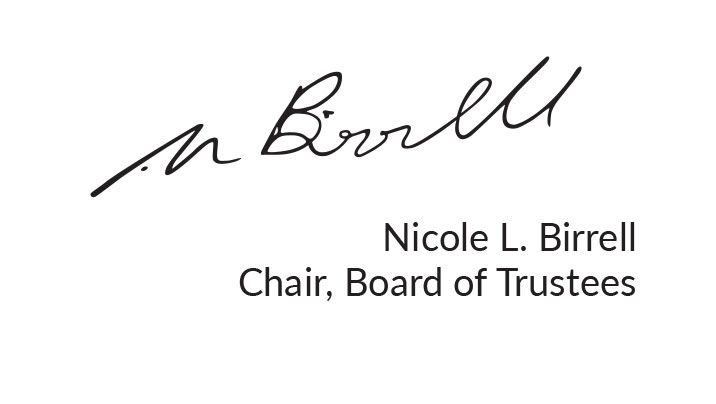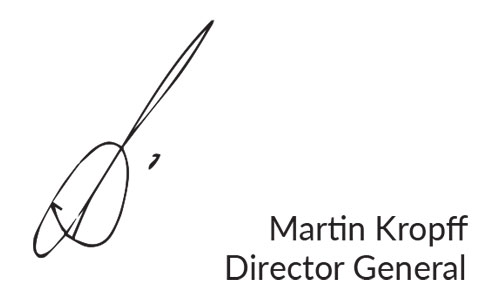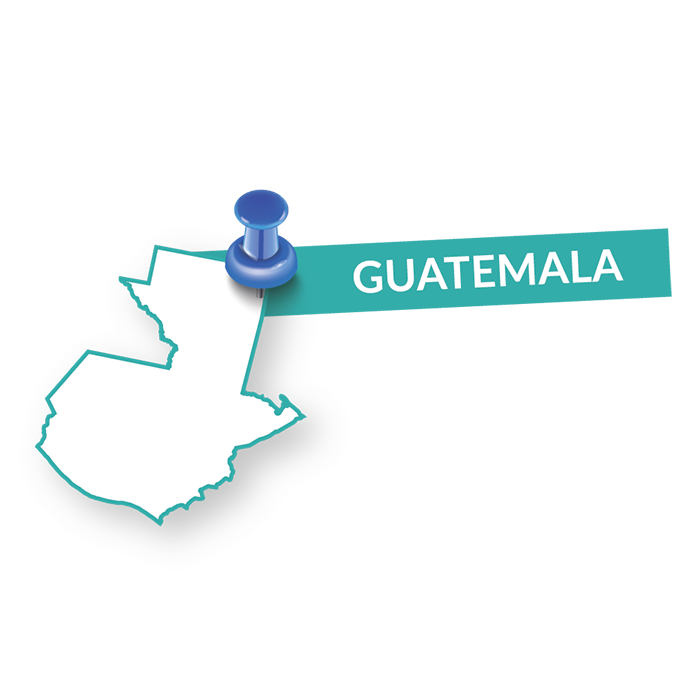













HIGHLIGHTS
HIGHLIGHTS
Colombia
The International Maize and Wheat Improvement Center (CIMMYT), the International Center for Tropical Agriculture (CIAT) and AGROSAVIA, Colombia’s leading not-for-profit organization for agricultural research and technology transfer, signed a five-year agreement aiming to boost maize production.
CIMMYT is providing AGROSAVIA’s breeding program with 2,000 advanced lines — developed by combining native maize from Colombia with conventionally improved maize — to support the development of varieties adapted to the country’s farming conditions and promote sustainable intensification technologies and practices among Colombian farmers.
Ethiopia
A new early warning system, the first of its kind to be implemented in a developing country, allowed policymakers and farmers across Ethiopia to forecast wheat rust up to a week in advance.
Developed by the International Maize and Wheat Improvement Center (CIMMYT), the University of Cambridge, the UK Met Office, the Ethiopian Institute of Agricultural Research (EIAR), and the Ethiopian Agricultural Transformation Agency (ATA), the system creates advance forecast models for wheat rust spore dispersal and environmental suitability based on disease presence. These are fed into an early warning unit that receives daily updates automatically and sends weekly advisory reports to development agents, national authorities, researchers, and farmers. This early warning system puts Ethiopia at the forefront of early warning systems for wheat rust.
Guatemala
Researchers from the International Maize and Wheat Improvement Center (CIMMYT) have been testing alternative technologies for seed drying in the highlands of northwestern Guatemala.
In 2019 they began experimenting with the use of drying beads in community seed reserves in three maize producing communities, where humidity levels in storage areas can be as high as 100%. When stored with seed inside a hermetically-sealed flask, these marble-sized ceramic beads act as desiccators, absorbing moisture from the container.
Results from initial testing showed that seeds stored with the beads typically had a near 100% germination rate, and seedlings were more uniform. Seeds stored without the beads — whether in a traditional mesh bag or a hermetic flask — were significantly less likely to be viable, as they were exposed to outside elements or trapped humidity within the flasks.
Following the publication of results, the team hopes to scale out the use of this technology across all seed reserves in the area.
India
The Borlaug Institute for South Asia-Punjab Agricultural University (BISA-PAU) joint team received several awards in 2019 for their work on rice residue management using the Super Straw Management System (Super SMS).
Developed and recommended by researchers in 2016, the Super SMS is an attachment for self-propelled combine harvesters offering an innovative solution to paddy residue management in rice-wheat systems.
The Super SMS allows farmers to recycle residues on-site, reducing the need for residue burning and thereby reducing environmental pollution and improving soil health. It helps to spread rice residue uniformly, which is essential for the efficient use of Happy Seeder technology and maintaining soil moisture in the field.
Zambia
The CGIAR Research Program on Maize (MAIZE) announced the winners of the 2019 MAIZE Youth Innovators Awards – Africa at an awards ceremony in Lusaka, Zambia. These awards recognize the contributions of young women and men to innovation in African maize-based agri-food systems, including research for development, agribusiness, and sustainable intensification.
Five award recipients were invited to attend the Stress Tolerant Maize for Africa (STMA) project meeting in Lusaka, where they had the opportunity to present their work, network and exchange experiences with MAIZE researchers and partners.
EMERGING
PESTS AND
DISEASES
EMERGING
PESTS AND
DISEASES




















